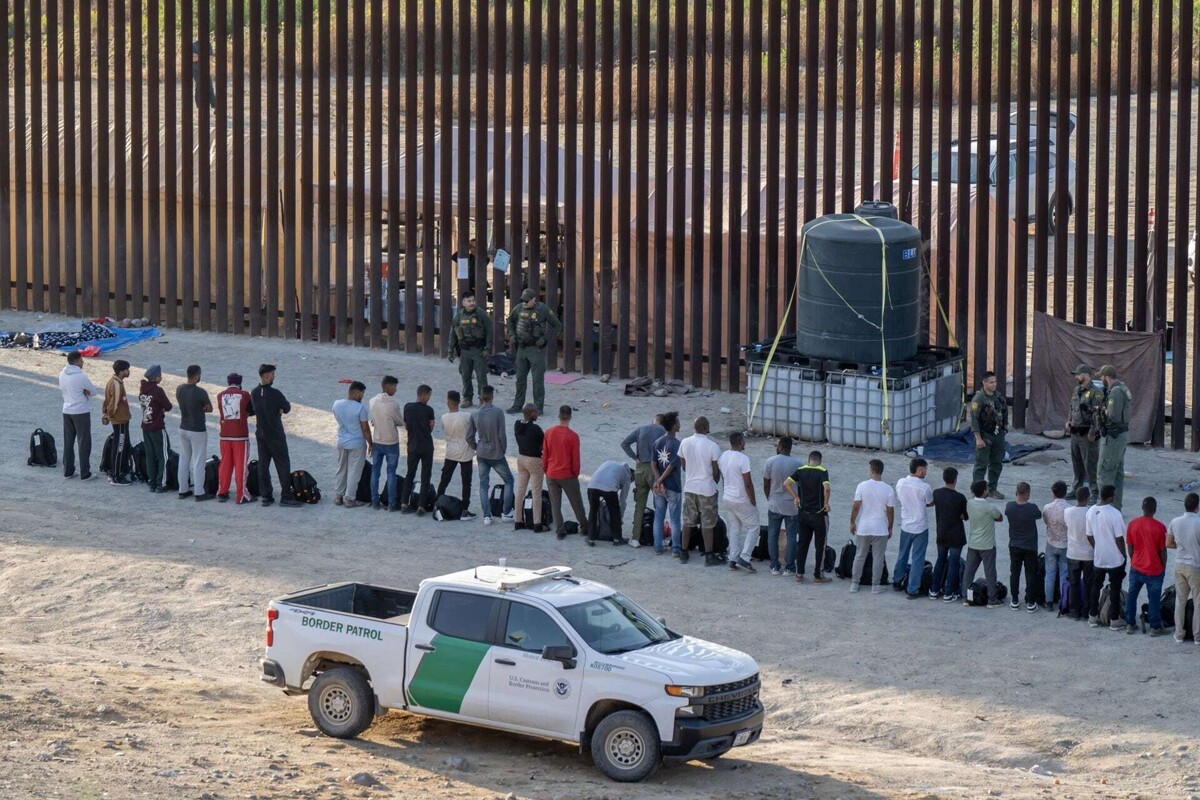
In the United States, there are currently 47.9 million migrants, which represents 14.3% of the total population. Of these, 10.6 million are of Mexican origin, making up 23% of the total. Indian migrants constitute the second-largest group, with 2.8 million people, or 6%.
Migrants not only represent a key labor force, but they also contribute significantly to various economic sectors, such as agriculture, construction, and services. Experts note that restrictive immigration policies could lead to serious human and social consequences, including an increase in the separation of families seeking better opportunities or refuge in the United States.
Elisa Ortega, an academic at the UNAM Institute for Legal Research, has explained that the deportation of 11 million people would be unfeasible, but she has warned of a possible significant hardening of immigration policies under a second Trump administration. Measures such as the elimination of programs like DACA, the end of birthright citizenship, and severe restrictions on new entries into the country could be implemented in that scenario.
The proposal for massive deportation of migrants presented by Donald Trump could come at a high cost. Experts estimate that it would exceed 300 billion dollars and could cause severe economic damage in the United States, according to a study by the American Immigration Council. Additionally, an analysis by the Peterson Institute for International Economics (PIIE) indicates that this policy could represent a significant blow to the country's economy.
A PIIE study titled "The International Economic Implications of a Second Trump Presidency" analyzes two possible scenarios of mass deportations. The deportation of 1.3 million migrant workers could result in an annual decline of 1% in the Gross Domestic Product (GDP) of the United States. In the case of deporting 8.3 million migrants, the GDP could contract by up to 7% annually, which would represent a severe economic impact on the country. Experts agree that these proposals not only pose a challenge to the U.S. economy but would also mean a setback in human rights and the integration of migrants as an essential part of the nation's development.














